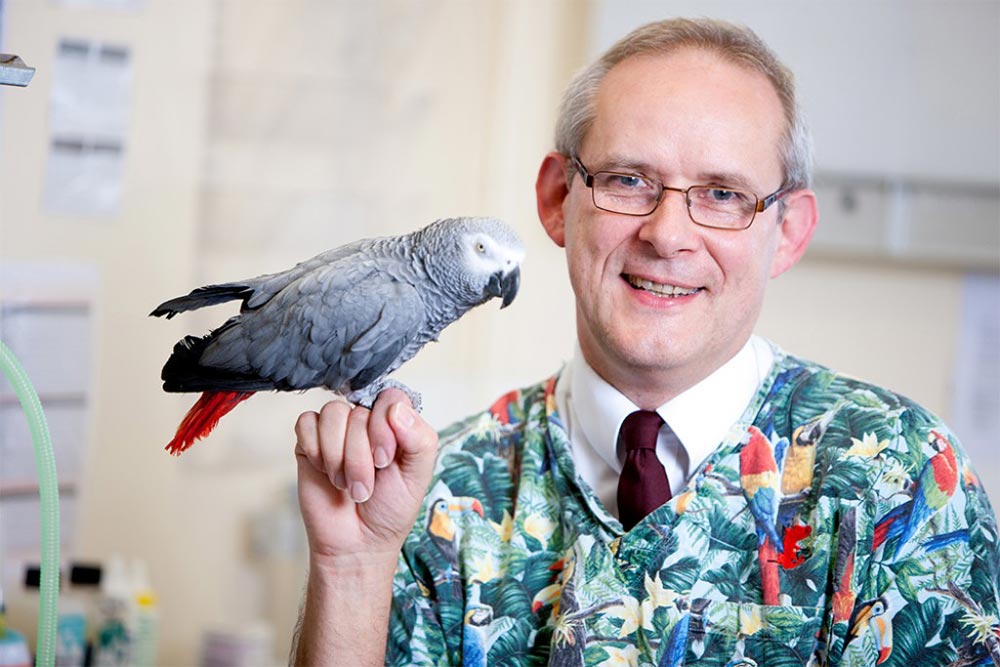12 Mar 2020
Leading veterinary infection control expert warns the profession of possible difficult choices ahead between animal welfare and disease spread.

One of the UK’s top veterinary infection control experts has warned the profession to brace itself for a moral dilemma in deciding whether to treat sick animals in the face of the coronavirus outbreak.
Neil Forbes – a fellow of the RCVS, and past-president of both the European College of Zoological Medicine and European Board of Veterinary Specialisation, who lectures internationally on infection control and biosecurity – was speaking to Veterinary Times shortly after news a pet dog in Hong Kong had tested “weak positive” for the virus.
 Dr Forbes (pictured) – a recognised zoo and wildlife specialist, who acts as tutor and assessor on the BVNA infection control and biosecurity course – suggested COVID-19 had the potential to pose a unique problem for the veterinary profession.
Dr Forbes (pictured) – a recognised zoo and wildlife specialist, who acts as tutor and assessor on the BVNA infection control and biosecurity course – suggested COVID-19 had the potential to pose a unique problem for the veterinary profession.
He said: “If we’re going to get a situation where many more people are self-certifying and staying at home, what happens if an animal gets sick while the owner is self-confined? What does a practice do?
“People may shed the virus for 14 days before becoming physically ill, so even if they’re self-confining, that animal may become contaminated. How do we manage that situation? As a profession we’ve never been faced with that sort of dilemma before.”
Dr Forbes cautioned that while vets had a duty to treat sick animals, they also had a social duty to prevent the spread of the virus through the human population – including to fellow veterinary personnel and family members.
He said: “It would be totally irresponsible to take an animal from a house where a person is confined or sick with COVID-19 into a veterinary hospital and treat it because there’s a risk of maybe another 20 people coming into contact with it.
“You can imagine a situation where an animal at the home of someone who is self-confined, and may actually have COVID-19, really has got to have treatment – a pyometra, for example. What do veterinary staff do?”
Last week, the RCVS wrote to all veterinary professionals offering guidance on the ongoing provision of veterinary services in light of the outbreak.